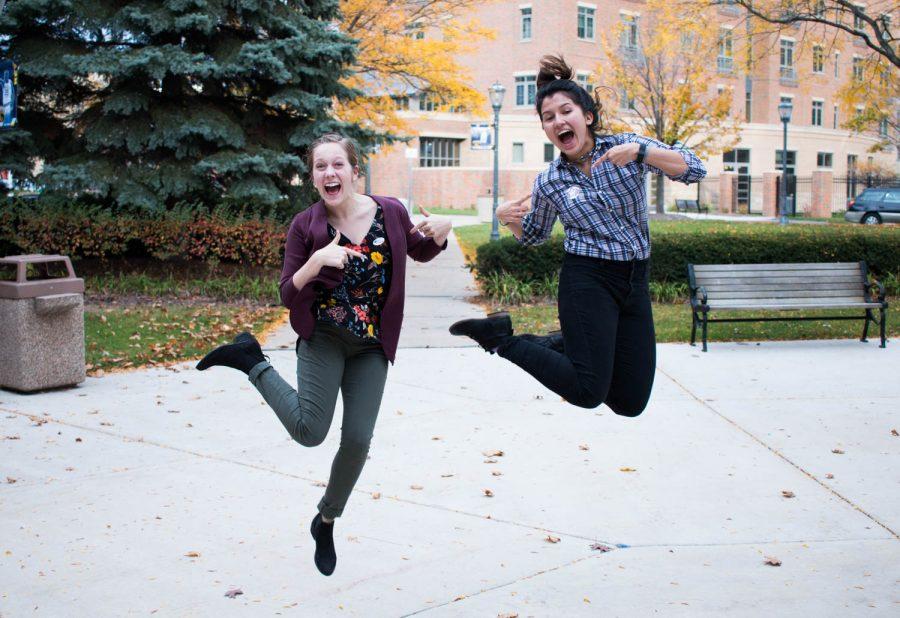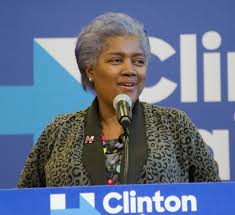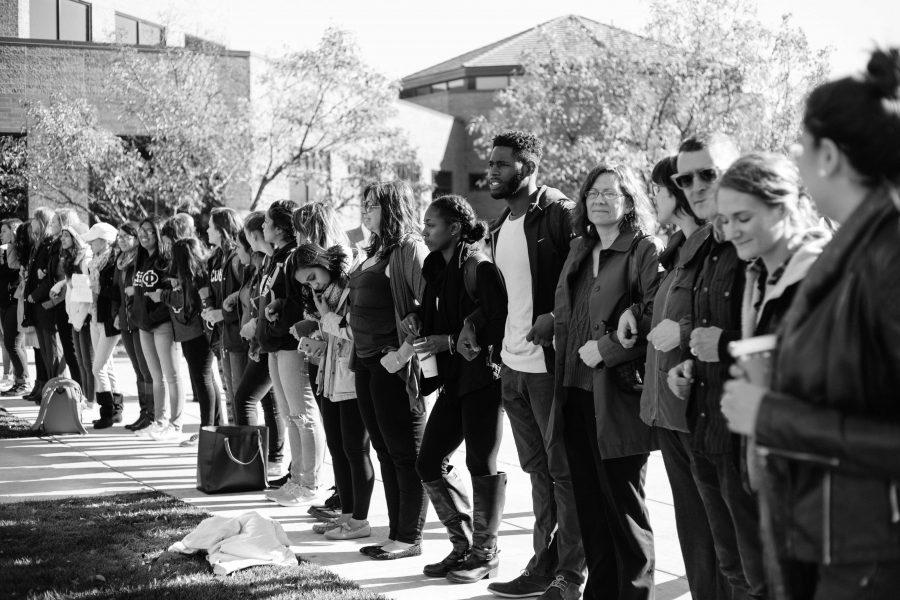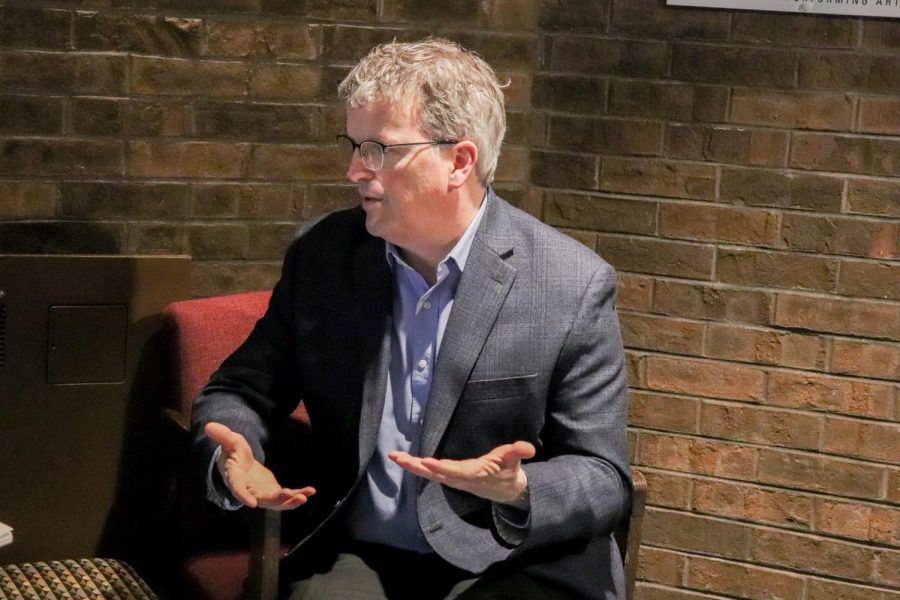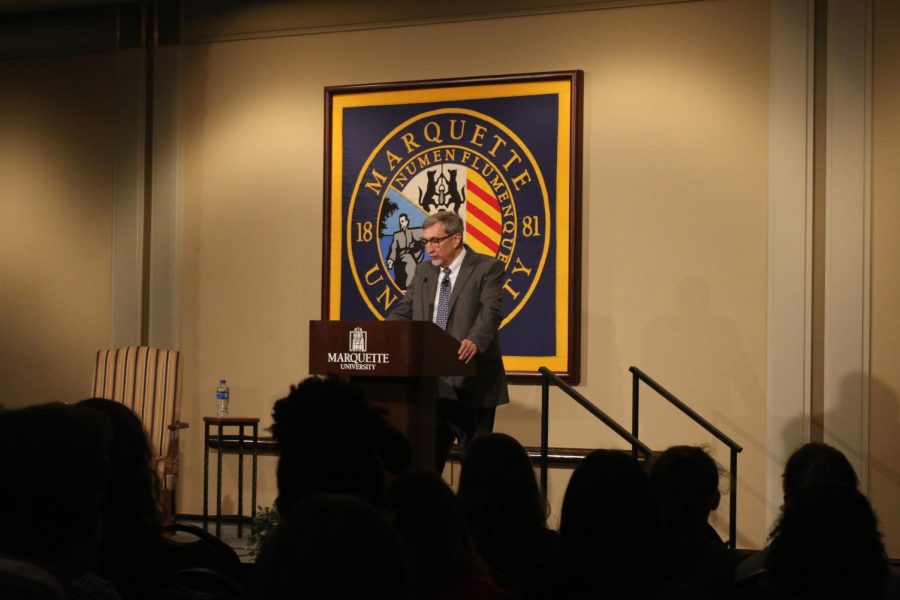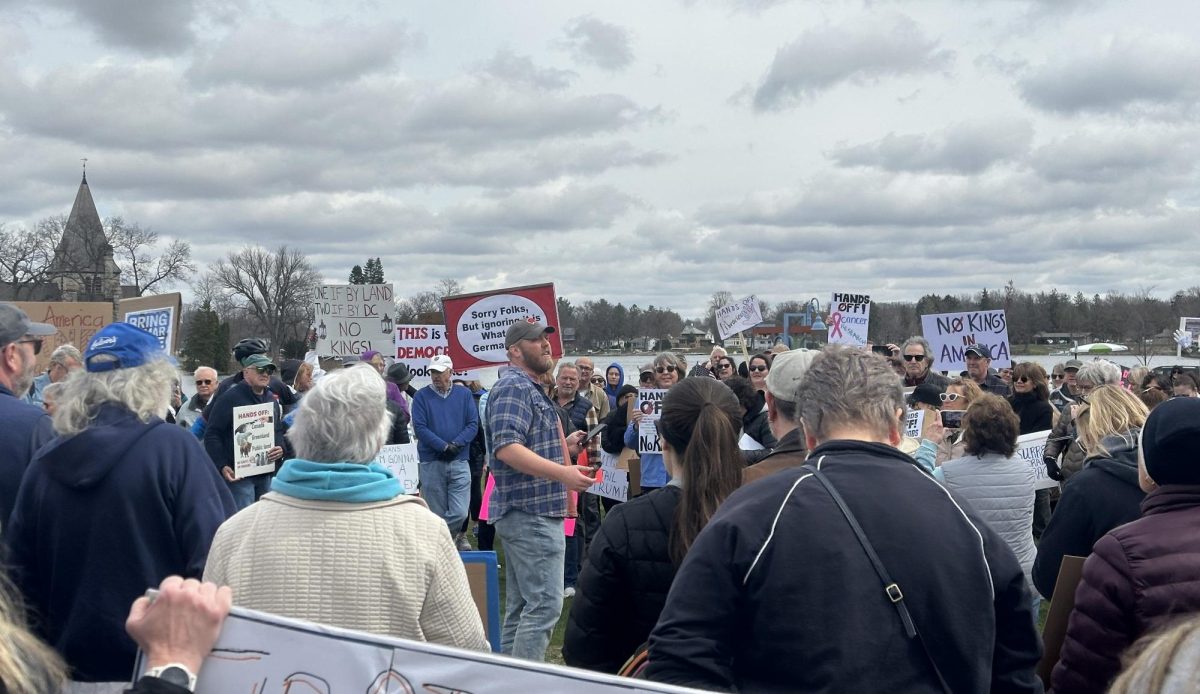Republican nominee Donald Trump won the presidential election, despite a lack of support from the female vote.
Democratic nominee Hillary Clinton significantly won the female vote, while Trump convincingly won the male vote.
According to Paul Nolette, assistant professor of political science, women are always a key group in the electorate, as they are more likely to vote and are the majority of the population.
“Any small shift in how women are voting can make a big difference in the outcome of the election,” Nolette said.
Kristen Foster, assistant professor of history, said this year is not the first time the gender gap was noteworthy.
“The 2000 election between Gore and Bush had a 21-point total gap between women and men, and at the moment the gender gap is 25 points,” Foster said.
Nolette noted that this substantial gap can mostly be attributed to Trump’s allegedly derogatory and misogynistic comments toward women. Most recently, Trump brushed off comments he made in a videotaped interview from 2005 as “locker room talk.”
In a Marquette Law School poll released Nov. 2, 63 percent of female participants said that Trump does not care about people like them, and 61 percent of female participants said that Trump’s videotaped comments “bothered them a lot.”
“There are plenty of women who may not love Clinton, but deeply reject Trump’s misogyny as illustrated both in his comments about Clinton and his defiantly proud attitude about assaulting women,” Foster said.
According to Nolette, while many women are offended by Trump, the president-elect alienated no subgroup more than college-educated women.
“Overall, when you look at women with a college education, they typically tend to be a swing group between democrat and republican,” Nolette said. “But college-educated white women especially, and women in general, have shifted dramatically toward Clinton.”
Nolette pointed out that this same gender and education gap was not seen in the Wisconsin senate race. Republican Sen. Ron Johnson was doing much better than Trump in the polls among college-educated women in Wisconsin, usually four to six points ahead. Last night, Johnson was narrowly reelected over Democrat Russ Feingold.
Trump’s comments are not the only contributing factor in the widening gender gap. According to Foster and Ana Garner, associate professor of journalism, whether conscious or not, the historical significance of this election may be a deciding point for women.
“There have been two standards that have been held in this election,” Garner said. “Clinton gets critiqued on her looks, on if she will be able to do the job because she is a woman. Nobody asks if Donald Trump can do this job because he is a man. I think a lot of women can relate to that.”
“Generations of women have fought for female political equality,” Foster said. “The struggle for the right to vote lasted more than 100 years. A woman president in the United States would measure the distance women have traveled to achieve political equality.”

